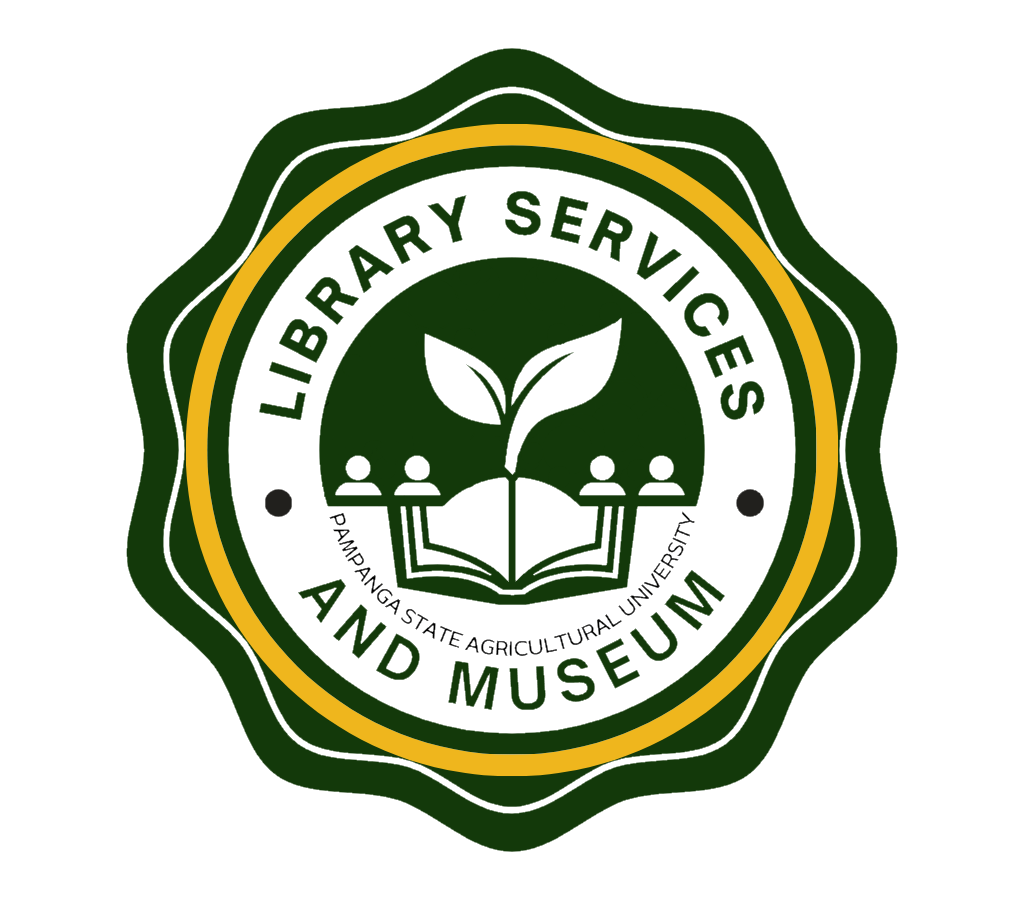College composition & communication / Editor, Jonathan Alexander.
Material type: Continuing resourceSeries: ; V.70, No.3Publication details: Urbana, IL : National Council of Teachers of English, February 2019.Description: 323-515 page ; 23 cmISSN:
Continuing resourceSeries: ; V.70, No.3Publication details: Urbana, IL : National Council of Teachers of English, February 2019.Description: 323-515 page ; 23 cmISSN: - 0010-096X
| Item type | Current library | Call number | Status | Barcode | |
|---|---|---|---|---|---|
| Continuing Resources | PSAU OLM Periodicals | JO CCC FE2019 (Browse shelf(Opens below)) | Available | JO020 |
Browsing PSAU OLM shelves, Shelving location: Periodicals Close shelf browser (Hides shelf browser)
| No cover image available | No cover image available | No cover image available | No cover image available | No cover image available | No cover image available | No cover image available | ||
| JO BER JY2018 DLSU Business & Economics Review / | JO CCC DE2018 C.1 College composition & communication / | JO CCC DE2018 C.2 College composition & communication / | JO CCC FE2019 College composition & communication / | JO CCC JE2018 College composition & communication / | JO CCC SE2018 College composition & communication / | JO CL MR2018 Comparative literature / |
1. Writing to Assemble Publics: Making Writing,Activate, Making Writing Matter. Laurie E. Gries In this article, I weave new materialist theories about assemblage, community, agency, and rhetorical responsibility to argue for pedagogies that foreground writing to assemble publics and offer direct rhetorical training in campaign organizing, In describing three student activist campaigns, I demonstrate how this pedagogy challenges students to create socio-material assemblages that entice bodies into collective action-a challenge that demands tactile agility, creative activism, and often metanoic revision.--2. Using Objective-Motivated Knowledge Activation to support Writing Transfer in FYC. Jerry Stinnett This article theorizes how students know when to activate knowledge acquired in FYC courses. Addressing knowledge activation as motivated by pursuing activity-specific objectives, the author calls for situating students' encounter with and acquisition of rhetorical knowledge and practices of writing as knowledge of how to perform activities other than writing.--3. Material Relive Differences through a material flashback. Zhaozhe Wang. Through an ecological and autoethnographic analysis of a repository of diachronically archived texts written over a period of six years in multiple cultural, geographical, and disciplinary contexts, the author unfolds his materialized experiences of coming to terms with, embracing, and composing with rhetorical differences as spatiotemporal relationality and affordances.--4. Documenting and Discovering Learning: Reimagining the Work of the Literacy Narrative. Julie Lindquist and Bump Halbritter. We suggest that literacy narratives can be an important part of a curriculum designed to encourage students to understand themselves as developing learners and students. We know that there is great potential for literacy narratives-for narrativizing-when invited within a scaffolded curriculum of collaborative narrative inquiry. We place literacy narratives in the service of documenting learning-that is, within a pedagogical scaffolding designed to lead students through a series of moves that feature inquiry and discovery (about literacy). As such, the literacy narrative that emerges as most important is the final reflective narrative: the one we have spent all semester preparing students to write. That act of deferral creates an opportunity to put the literacy narrative (LN) assignment to different earlier use as a means for creating an ongoing, experiential literacy-learning narrative that will be realized as a reflective narrative: one we call the experiential-learning documentary (ELD).--5. Researching Writing Program Administration Expertise in Action: A Case Study of Collaborative Problem Solving as Transdisciplinary Practice. Tricia Serviss and Julia Voss. Theorizing WPA expertise as problem-oriented, stakeholder-inclusive practice, we apply the twenty-first-century paradigm of transdisciplinarity to a campus WID Initiative to read and argue that data-driven research capturing transdisciplinary WPA methods in action will allow us to better understand, represent, and leverage rhetoric-composition/writing studies' disciplinary expertise in twenty-first-century higher education.
There are no comments on this title.
